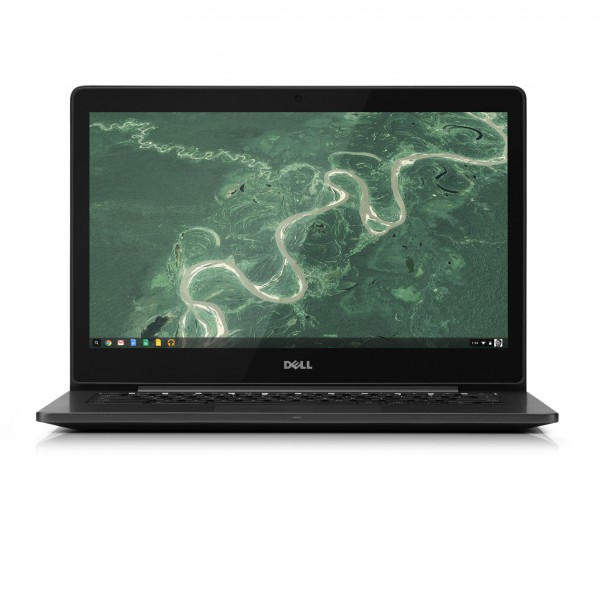
Dell announces Chromebook 13 for business as Google expands 'For Work' initiative
I'm a strong believer in using the right tool for a job. Yeah, you can probably drive a nail into a piece of wood with the handle of a screwdriver, but wouldn't you rather use a hammer? The same applies to technology in business. Many businesses should probably stick with Windows machines (coupled with Office 365), but others would be smart to choose a Mac or Chromebook instead -- it depends on needs.
Today, Dell announces the all-new touchscreen Chromebook 13. Designed for businesses the premium laptop can be configured with Intel Broadwell Core i5 processors and 8GB of RAM, making for a solid cloud-based workstation. The Chromebook for Work initiative is looking better every day.
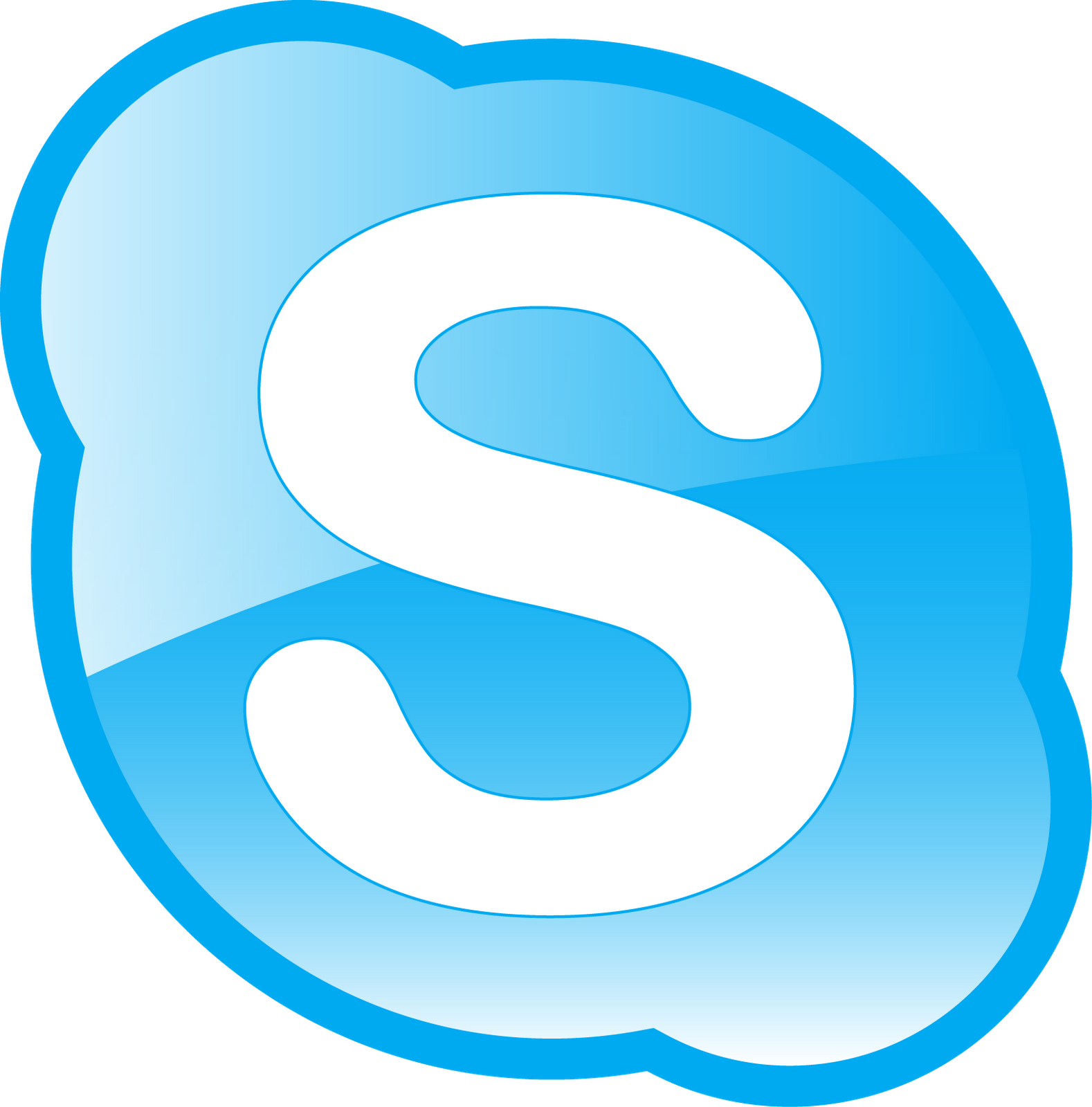
Microsoft's Skype for Web (Beta) available worldwide, including Linux and Chromebooks
Skype is one of the most recognizable communication services in the world. Unfortunately, Microsoft has not yet perfected it; there is plenty of room for improvement. The company is arguably mishandling Skype, by killing the much maligned Modern UI version rather than fixing it.
Not all news about Skype is bad, however; last week, Microsoft announced that it was opening the web beta to all in the US and UK -- awesome news. Today, the company makes this announcement even better, by expanding it globally, including Linux distributions and Chrome OS (which is technically a Linux distro) for instant messaging.
Chromebook Pixel LS is nearly perfect [Review]
Mark the date with an alarm. Around May 28, 2015, sellers likely will fill eBay and Craigslist with spanking new Chromebook Pixels, available for bargain prices—if anything less than $999 or $1,299 could be considered a deal. Google's developer conference commences that day, when I expect many attendees will receive and quickly dispatch shiny, new laptops. Big G gave away the pricey Pixel two years ago, and it's good guess will do so again. Smart developers will keep the machines; many will not. Dumb move, but who am I to judge, eh? Pixel rests at the precipice of future computing, for those open-minded enough to welcome it. They are few.
If you are among those who get the Chromebook concept, who thinks about purchasing the laptop, but waffles indecision, watch for short-term selling prices that could meet what your sensibilities and spending budget can tolerate. It's good background for me to finally review the higher-end of the two costliest Chromebook configurations. My primer can help you decide whether or not to bother, either for full price now or for the chance of less later. Why wait? I wouldn't and didn't. I received my Pixel in March, on Friday the 13th, ordered two days earlier from Google. I use no other computer. It's more than my primary PC and could be yours, too.

Microsoft continues earning money from Linux -- increases patent licensing agreements
Many people -- let's call them 'haters' -- like to make fun of Microsoft's mobile market share with Windows Phone. True, the platform is a failure in this regard, but many users of the OS like it. Quite frankly, besides the lack of apps, Windows Phone is a rather smart and well-designed operating system.
If you choose to laugh at Microsoft over its mobile presence, feel free, but please know that Microsoft is laughing too; all the way to the bank. What you may not know is, Microsoft makes money from Android handset sales thanks to its patent portfolio. In fact, it also collects money from Chromebooks too. In other words, Microsoft is profiting from Linux, since both operating systems are based on the kernel. Today, Microsoft increases its number of patent licensing agreements, by making a deal with Qisda Corp.
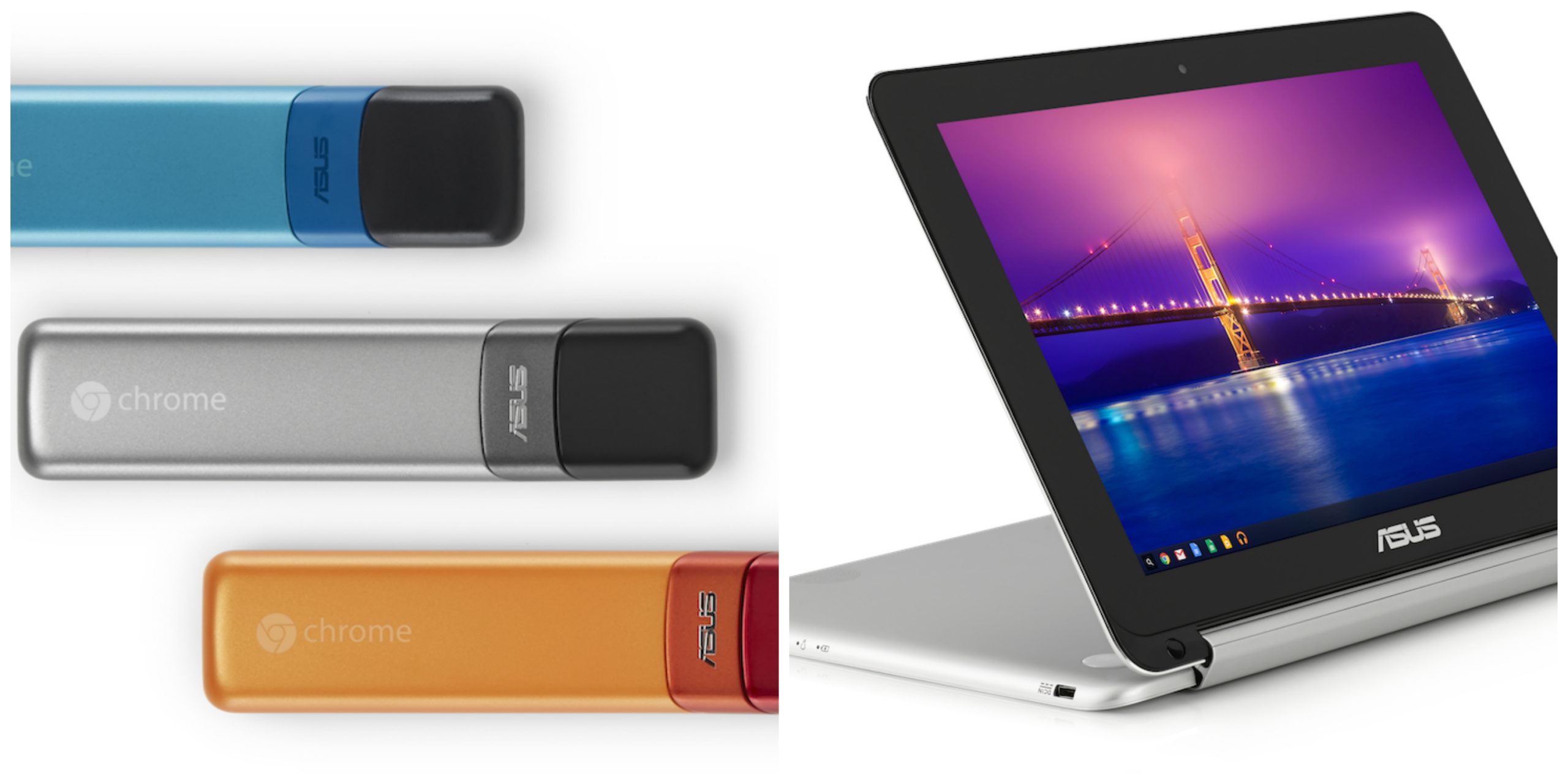
Chromebook reaches a new low
If my calendar showed April Fools' Day instead of March 31st, I would think the big Google announcement was a joke: $149 Chromebooks, with one model available from Walmart? I know some of these laptops sell for $199. But $50 less and models from Haier and Hisense?
Meanwhile, ASUS will, in summer, start selling something for even less: Chromebit, a $100 candy-bar size carry-all computer. Plug it into a HDMI-compatible display (like your TV), and your Chromie lifestyle is even-more mobile. The company also will release Chromebook Flip, a tablet-convertible wannabe, sooner. Someone tell me: This isn't a Foolie prank?
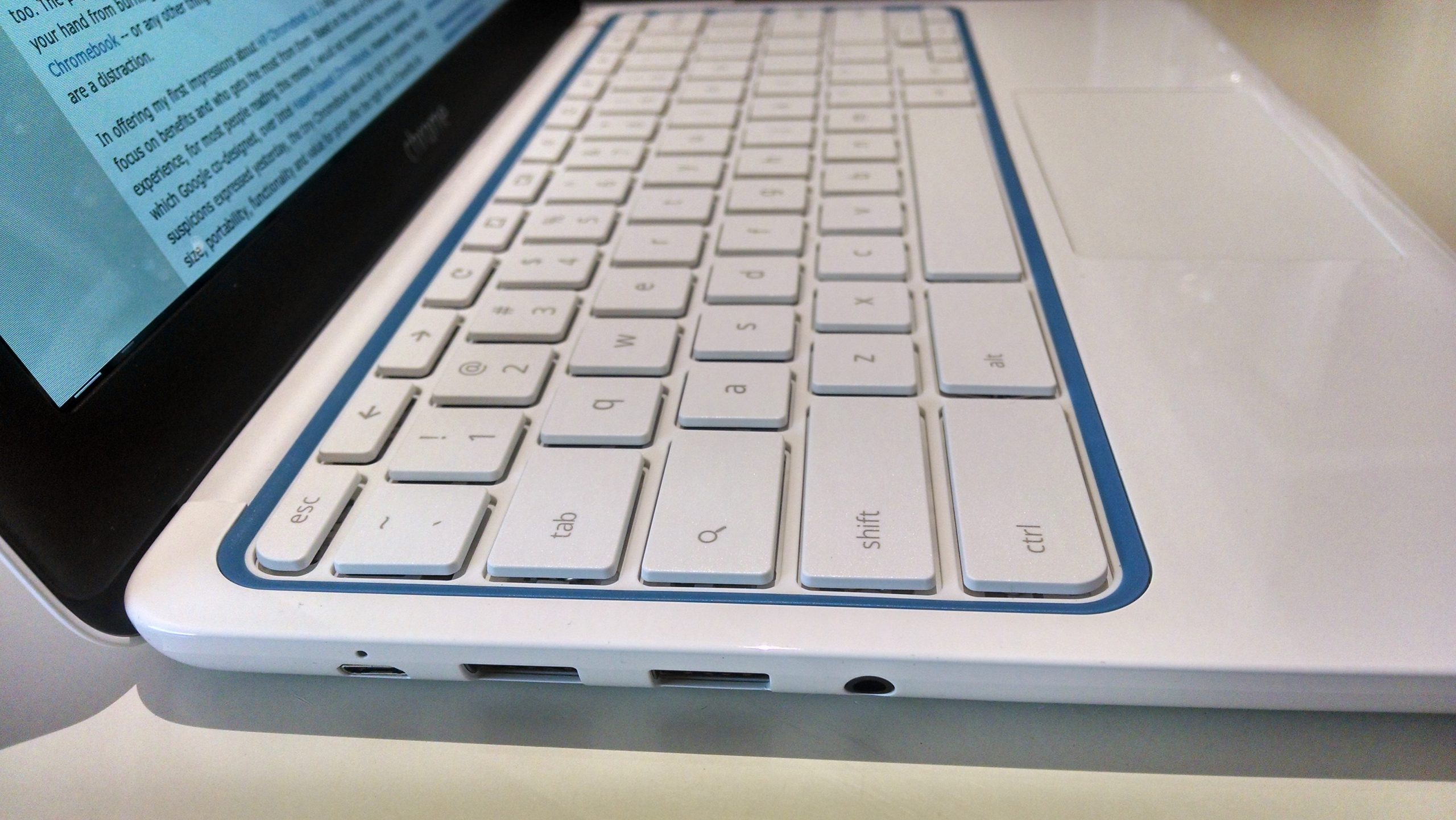
Using a Chromebook -- one year later, and still happy
Last year I wrote about my big move to Google's computer operating system, Chrome OS. At the time my plan was simple -- use a Chromebook for the summer since I work from my porch and wanted something light and small to move around with me. The 15.7 inch Windows laptop wasn't going to cut it and, for obvious reasons, I wasn't moving a desktop outside, especially with a porch that seems to face the rain in every summer storm.
Though the time of my move hadn't occurred to me, the subject came up today in our newsroom. Joe Wilcox urged me to write about my experience, while my colleague Brian Fagioli tried mightily hard to get me to change to a new Chromebook. He called my HP 11 underpowered and implored I get the new Toshiba. Throwing money at a problem I don't have is not in my DNA. What I have works fine and I see no current reason for unnecessary expenses.
Will you buy Chromebook Pixel 2015?
Because some BetaNews readers think Chromebook is a joke, I realized the necessity of getting out our Pixel buying poll before April Fools' Day. So here we are. Google released the second-generation Chromebook Pixel on March 11. The high-end laptop costs less than its predecessor (one model for under $1,000), but many potential buyers will question—and they should—the wisdom spending so much on a computer with browser user interface meant to be mostly Internet-connected.
Chromebook Pixel isn't for everyone—probably not most people. But our readers aren't most people. Many of you live on technology's cutting edge, and some bleed because of it. The laptop could be for you, and it most certainly is for me. I bought the high-end LS model on launch day and took delivery on Friday the 13th. I will have much good to report in my forthcoming review. But what works for me may not for you. So let's look more closely at the computer.
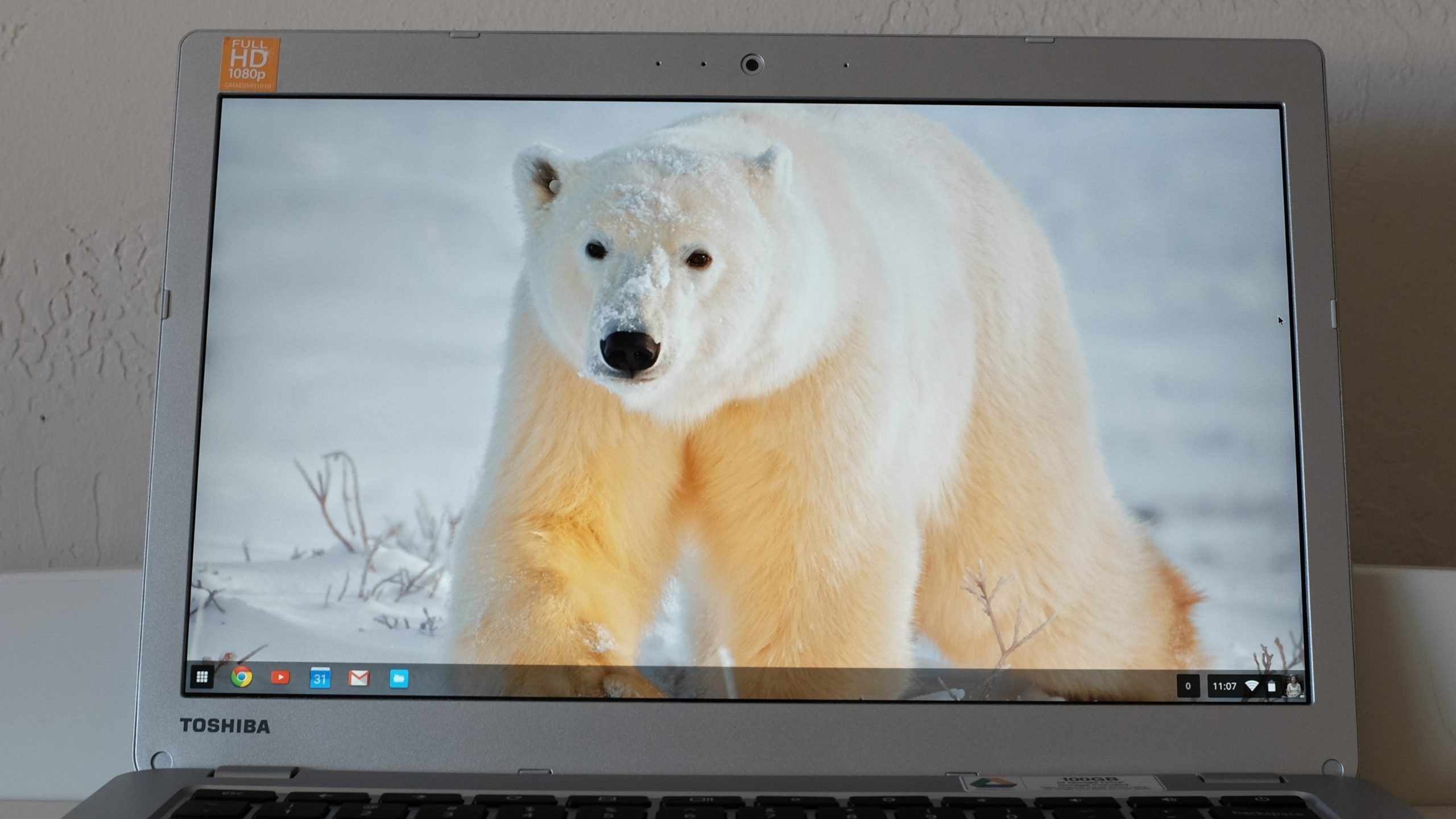
Toshiba Chromebook 2: Best-of-class display [Review]
My family plays musical computers today, as mom receives my wife's Toshiba Chromebook 2—to replace the end-of-life original Microsoft Surface RT. Last week, my beloved took possession of my Google Pixel after I received the newer model, released on March 11.
While writing the above paragraph, my mother phoned to let me know the laptop arrived. "Oh do I like this Toshiba! This can't be a 13-inch screen. It seems so much bigger". The reaction is more than just because of the move from the RTs 11.6-inch panel. Among the Chrome OS category, the Toshiba's screen is exceptionally bright, and crisp, setting it apart from every model other than Google's own.
13 things you should know about Chromebook Pixel 2015
The second of three Friday 13ths was definitely a lucky day. Near Noon, FedEx delivered the Chromebox Pixel 2015, which I set up late afternoon. Nearly 24 hours later, time is right for some immediate reactions before my eventual full review. My perspective presented here is two-fold: General first impressions for anyone combined with what are the benefits for existing Pixel owners. For many of the latter group, I say this: Consider your budget and needs wisely. What you've got may be more than good enough.
For everyone else, I will contradict the majority of reviewers, and even Google. Pixel is not a computer for developers or limited number of laptop users. Anyone shopping for a quality notebook that will last years should consider the new Chromebook, most certainly if looking at any MacBook model or Windows PC, such as Surface Pro 3. Everyone living the Google lifestyle who can afford a laptop in this price range should consider nothing else. Now let's get to the drill down, point by point. There are 13, for no other reason than my receiving the laptop on the unluckiest day.

Apple MacBook vs Google Chromebook Pixel
Two new laptops launched this week, both pioneering USB-C and packing 12-inch displays. The likenesses stop there, and the distinctions can't be overstated. One computer you can buy now, the other comes next month. Should you consider either? My primer will help you decide.
Apple unveiled the new MacBook, which measures 1.31 centimeters at its thickest and weighs less than a kilogram, two days ago. Sales start April 10. This morning, Google launched the second-generation Chromebook Pixel, which is immediately available for purchase. Both laptops adopt USB Type-C for power and, using adapters, hooking up to other devices. USB-C puts both computers at the bleeding edge for charging and connectivity, But their approach to ports couldn't be more different.

Of course, Chromebooks matter
Yesterday, commentary "Do Chromebooks matter anymore?" popped up in my social network feeds. Preston Gralla rightly wonders, when looking at how the laptops have fallen off Amazon's top-seller lists, IDC shipment forecasts, and what happened with netbooks. While being a Chromebook fan, I must admit to similar misgivings.
So today, I emailed Stephen Baker, NPD's vice president of industry analysis: "Are Chromebooks just the next netbook wave? Low-cost, lean configurations, and education adoption all look similar to me. Do you see any parallels to suggest Chromebook is little more than the next netbook and it's headed for the same destination: Short-term appeal that vanishes? Or is there longevity here, based on sales numbers?" His answer is reason for this post.
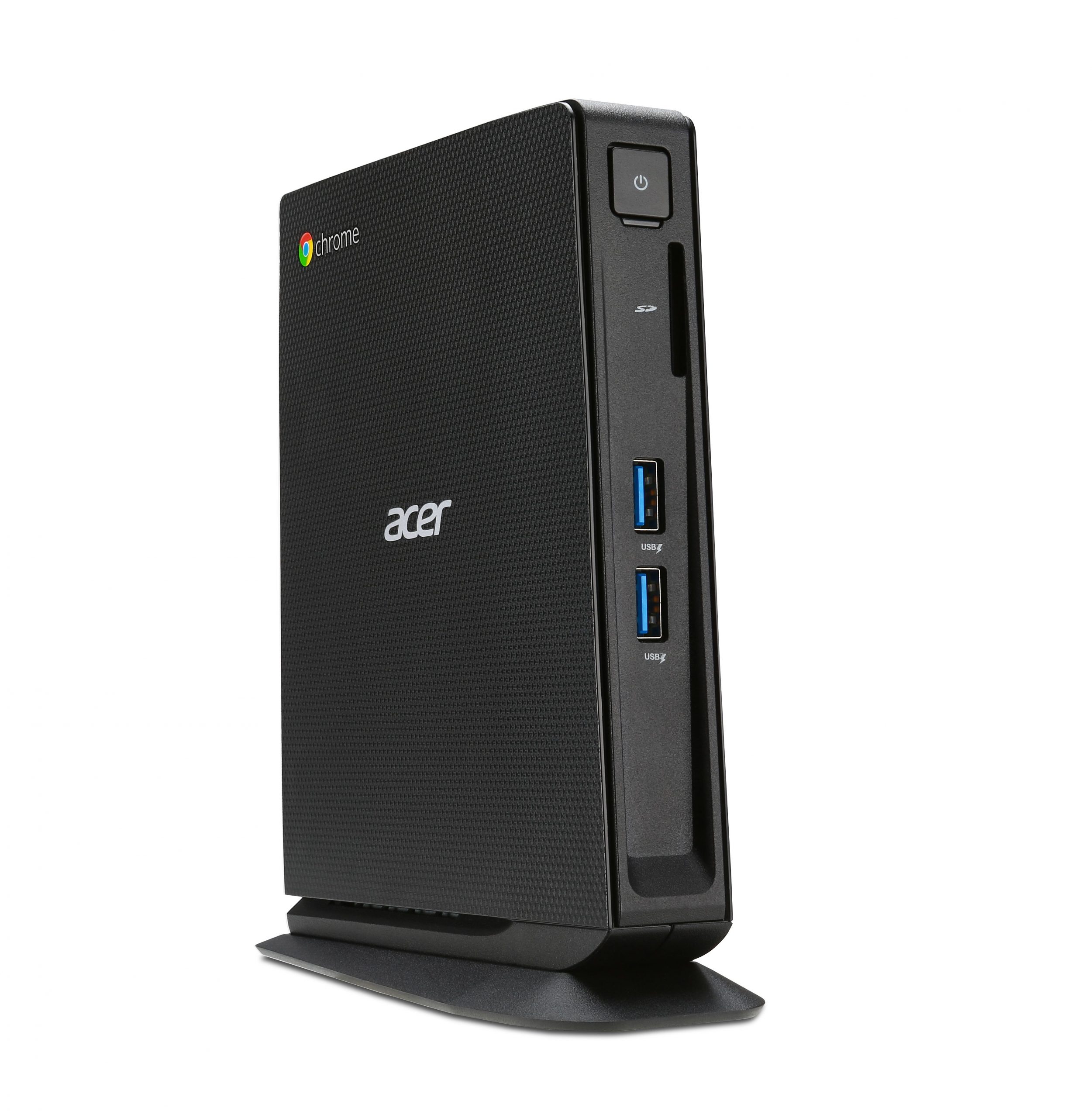
Acer refreshes Chromebox CXI with Intel Core i3, 4K video and up to 8GB RAM
Chrome OS is a bit limited, but functional enough for many users. You see, many people do all of their computing on the web nowadays, making a browser-focused Chromebook or Chromebox a smart choice. Unfortunately, Chome OS has also become synonymous with low cost and low specs. This is partly due to the misunderstanding that the operating system is only a browser; it's not. Google's OS is a full Linux distro running a browser, and it needs all the power it can get.
Today, Acer announces a refresh to the Chromebox CXI, which should make people say "finally", with a sigh of relief. Intel Core i3, 8GB of RAM and 4K output -- this is the machine Chrome fans have been waiting for.
2015 is year of the Chromebook
Last year, I disputed ridiculous assertions, based on widely misquoted NPD data, that 2014 would be "year of the Chromebook". It wasn't. But that designation does belong to 2015—at least in the United States. Measures: Number of new models; adoption by K-12 schools; and overall sales, which are surprisingly strong. Read carefully the next paragraph.
Through U.S. commercial channels and retail, Chromebooks accounted for 14 percent of laptop sales last year, according to NPD, which released data at my request. That's up from 8 percent in 2013. Commercial channels, largely to educational institutions, accounted for about two-thirds of 2014 Chromebook sold. Year over year, sales soared by 85 percent, and the trajectory continues to climb.
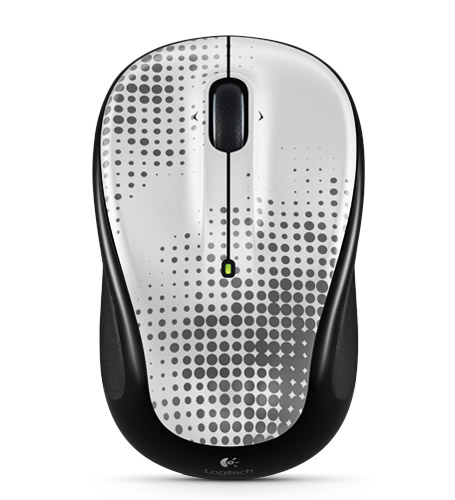
Logitech now offering a line of Chrome OS compatible peripherals
While most everyone is familiar with Chromebooks, the Google operating system also comes on a few desktop computers, a system generally referred to as a Chromebox. Like any computer, a Chromebox requires a keyboard and mouse, but sometimes those using notebook computers also prefer an external mouse instead of using the trackpad. Now Logitech plans to have everyone covered in this growing market.
The hardware maker is announcing a new line of peripherals designed specifically for Chrome OS computers. You're likely thinking that any wireless keyboard or mouse will work, and you'd be mostly right. I type this now from a Chromebook using a standard Microsoft wireless mouse. But what Logitech has is a bit more interesting.
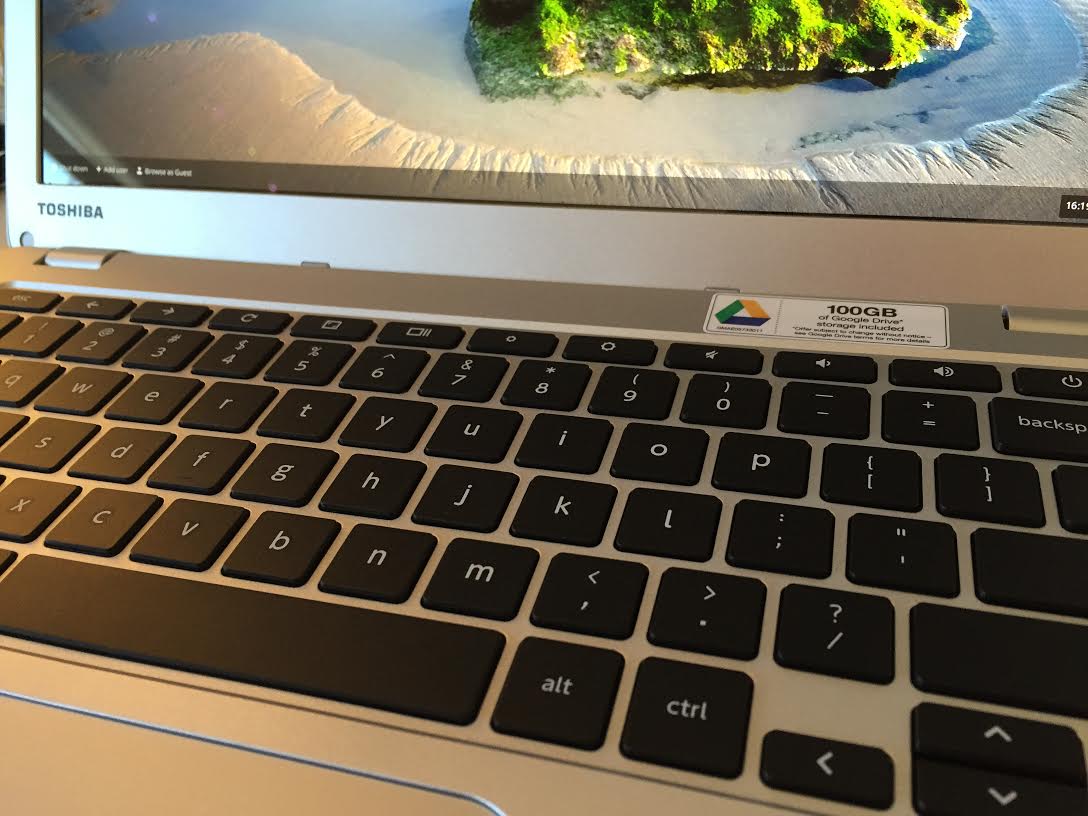
I sold my MacBook Pro and bought a Chromebook
Yesterday afternoon, a San Diego State University student bought my MacBook Pro—13-inch Retina Display, 8GB RAM, 512GB SSD—for $1,100. I purchased the laptop from local dealer DC Computers in late-August 2014 for a few hundred dollars more. The buyer's interest was my own: Mac, large SSD, and extended warranty (expires April 2017).
The proceeds go to buying Toshiba Chromebook 2 (two, another for my wife) and Android phone for her. She moves from iPad Air, which has been, since September 2014, her PC—and that experience should be another story (be patient). If time travel was possible, I would keep, rather than sell, my Chromebook Pixel early last summer. The Chromie lifestyle suits me best, and I am excited to be back to it. However, in December, when reviewing the tech products that changed my digital lifestyle last year, including the switch to Apple's platforms: "I can’t imagine using anything else". I lied to myself, and unintentionally to you.
